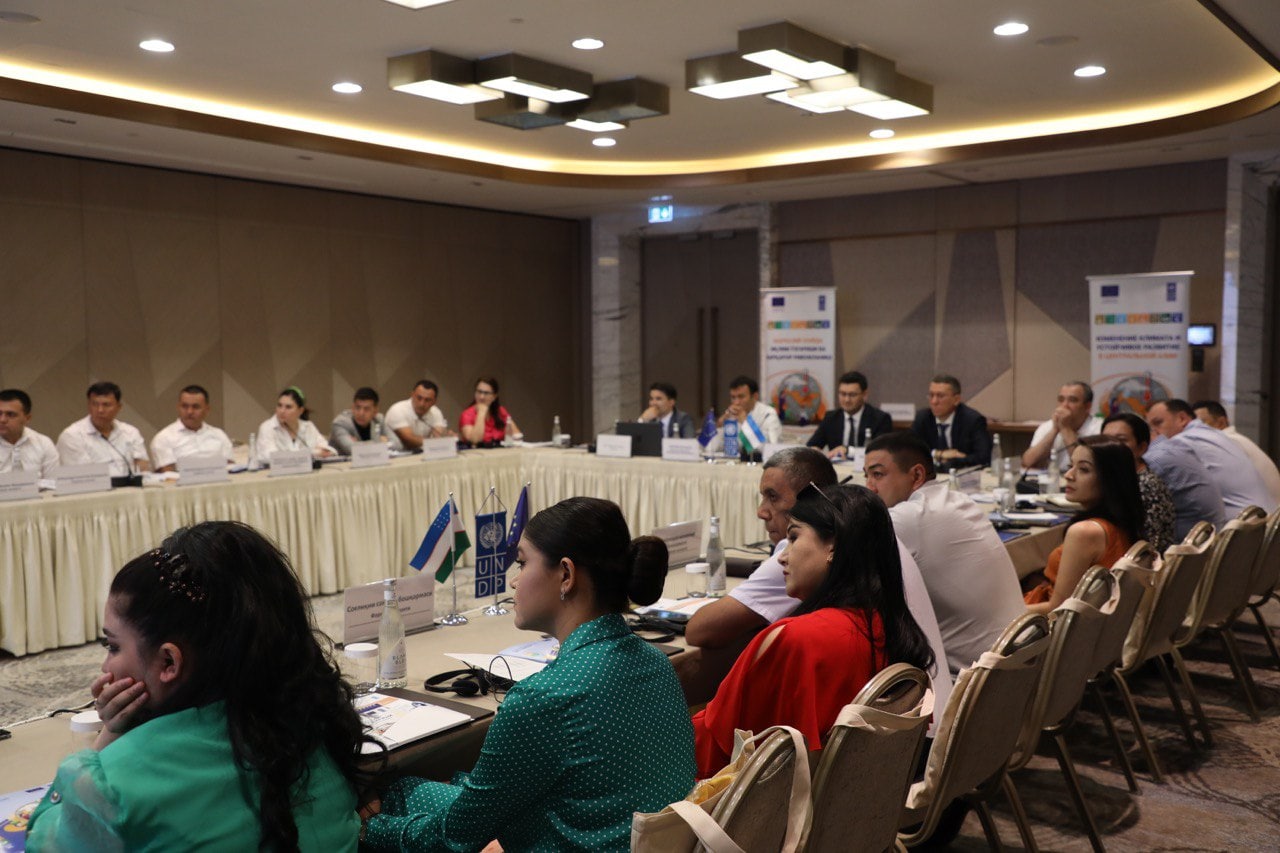Tashkent. On August 10, the UN Development Program and the Hydrometeorological Service Center of Uzbekistan ("Uzgidromet") gathered to discuss the results of the research conducted in the Fergana Valley, and the climate change risks, the UNDP press service informs Daryo.

As a result of the social survey, it was noted that the stakeholders operating in the Fergana Valley are not sufficiently aware of the interrelationship between the risks associated with climate change, natural disasters and appropriate adaptation measures (20 per cent of the respondents confirmed that they are aware of the dangers of climate change). In particular, Fergana Valley is unstable to climate change processes due to the high intensity of use of natural resources.
The participants of the event emphasized that it is important to take systematic measures to mitigate the consequences of climate change and adapt to the Fergana Valley. 92 per cent of respondents who took part in the survey said that climate change will have a negative impact on human health, especially on the standard of living of women.
At the end of the event, in order to increase the understanding and awareness of decision-makers and mid-level network experts about the risks and threats that may arise due to climate change, the measures planned to be implemented within the project A plan of events has been developed.
The regional project "Climate change and stability in Central Asia" is being implemented by the United Nations Development Program with the financial support of the European Union. The overall goal of the project is to ensure stability and support development models resistant to climate change in the Fergana Valley, regions bordering the Republics of Uzbekistan, Kyrgyzstan and Tajikistan.
Comments (0)